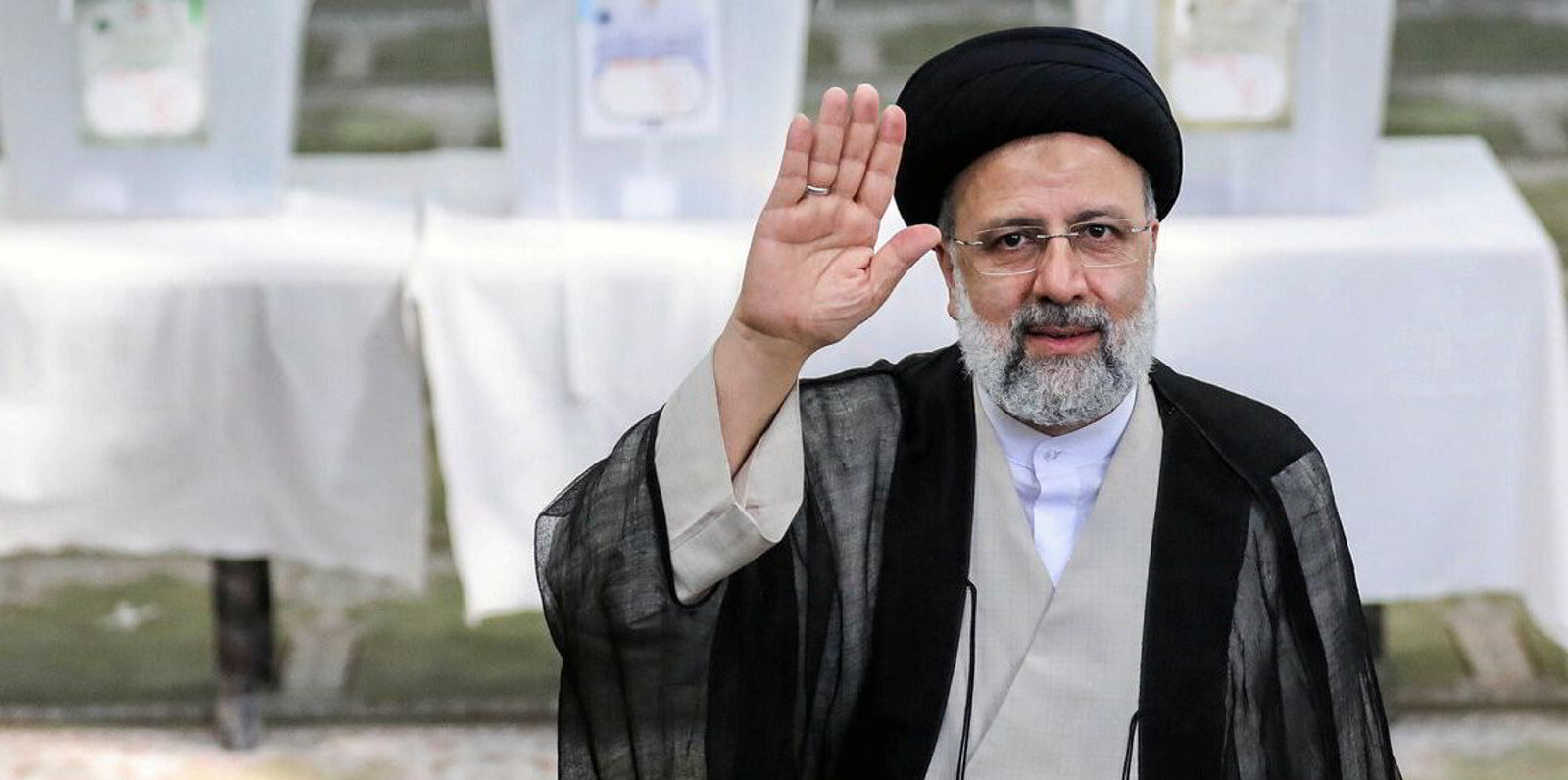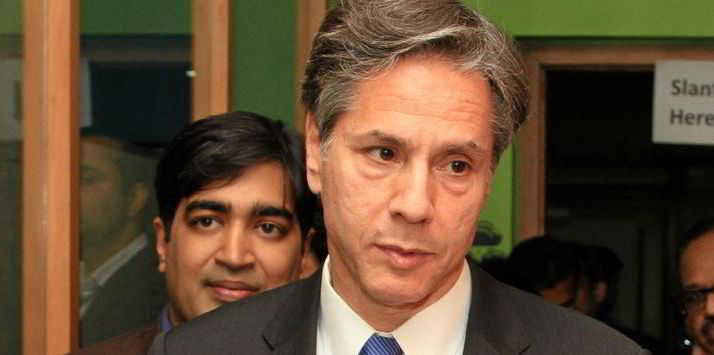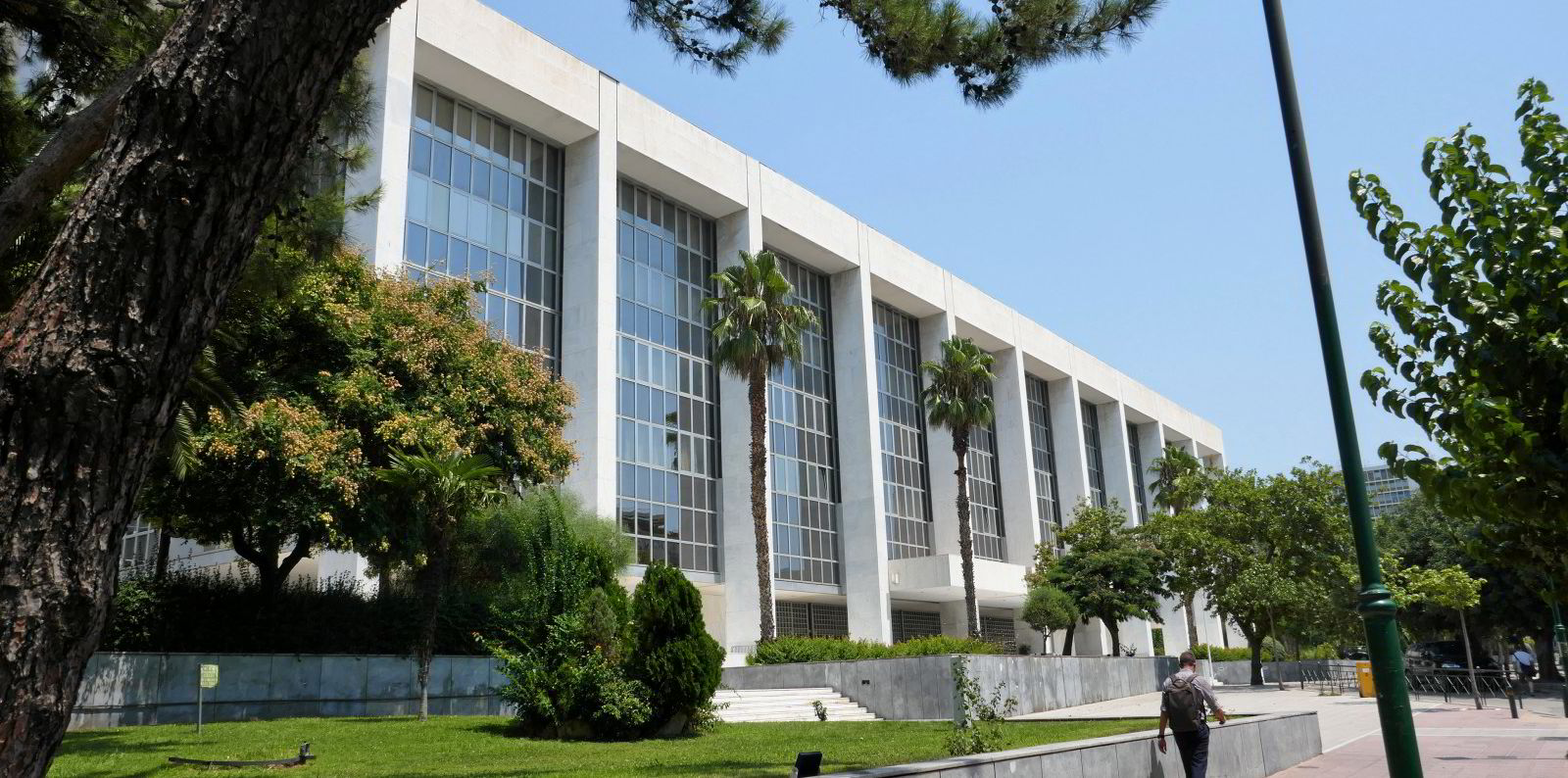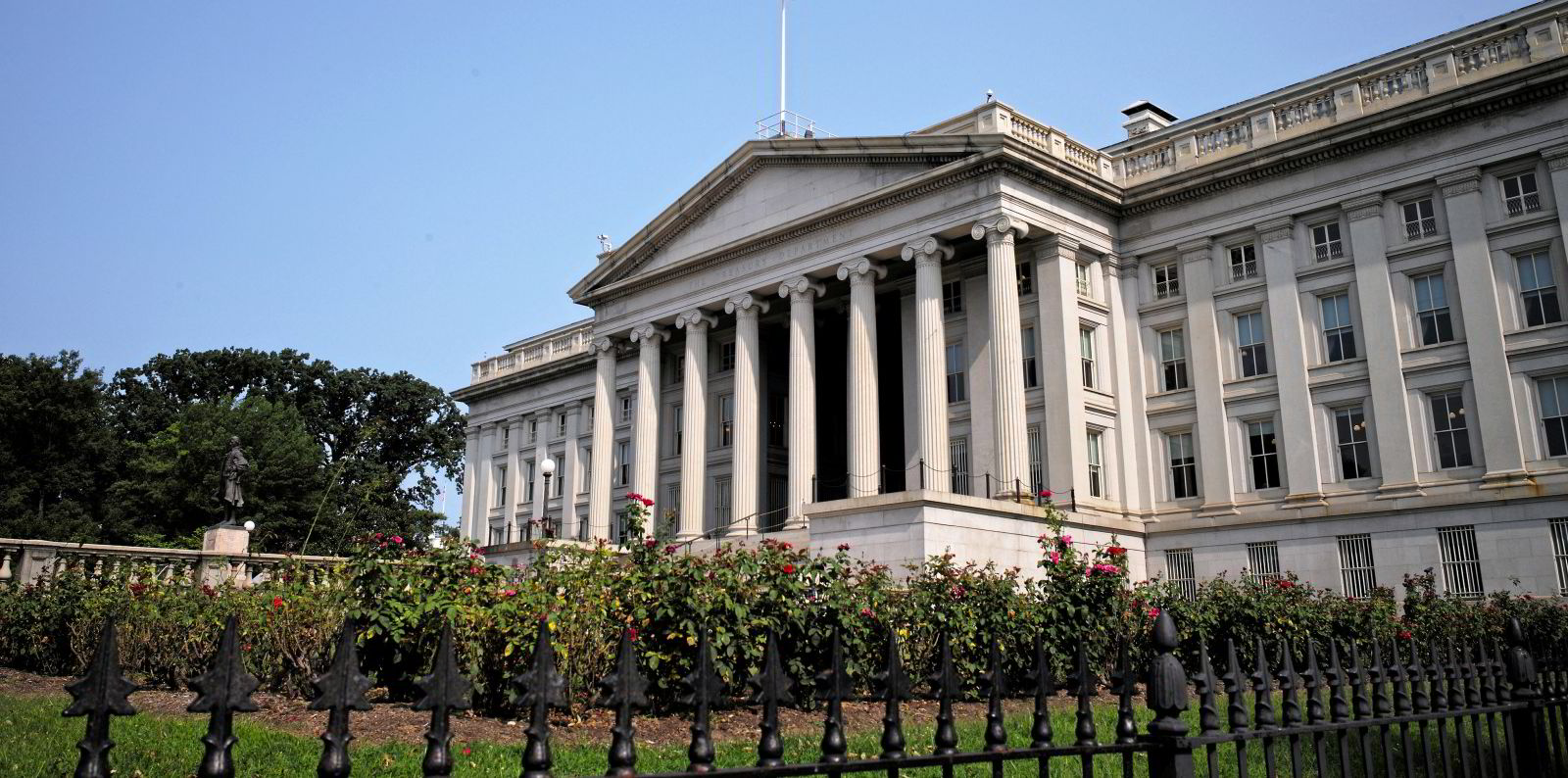An LPG carrier, its registered owner and a ship manager have landed on the US blacklist as the White House levies another round of sanctions on Iran’s petrochemical trades.
The 7,300-cbm Glory Harvest (built 1997), registered owner Golden Warrior Shipping and Singapore-based Pioneer Shipmanagement are among seven entities sanctioned by the Department of the Treasury on Monday for allegedly helping Tehran export petroleum products and petrochemicals.
The round of blacklistings comes roughly a month after talks broke down between Washington and Tehran to revive the 2015 deal limiting Iran’s nuclear programme in exchange for sanctions relief.
“The US has been sincere in pursuing a path of meaningful diplomacy to achieve a mutual return to full implementation of the Joint Comprehensive Plan of Action [JCPOA],” said US secretary of state Antony Blinken, referring to the nuclear deal by its formal title.
“Until Iran is ready to return to full implementation of the JCPOA, we will continue to use our sanctions authorities to target exports of petroleum, petroleum products and petrochemical products from Iran.”
The Wall Street Journal first reported news of potential for sanctions on Sunday, suggesting they would target a United Arab Emirates-based businessman tied to a network of companies using ship-to-ship transfers to pass Iranian cargoes off as Iraqi.
No individuals were sanctioned and a press release from the Treasury did not mention the transfers.
But according to AIS data analysed by VesselsValue, the Glory Harvest is frequently in the Middle East Gulf. It appeared to load twice in Iranian territorial waters, with AIS data showing its draught changing considerably, once in December and once in January. Both times the ship broadcast Iraq as its destination.
The network, which includes Dubai-based Blue Cactus Heavy Equipment & Machinery Spare Parts Trading, Hong Kong’s Farwell Canyon HK Ltd and two Chinese companies, Pznfr Trading and Shekufei International Trading, is said to have moved “tens of millions of dollars-worth” of Iranian cargoes to East Asia.
The Treasury said the companies were enlisted by Iran’s Persian Gulf Petrochemical Industry Commercial, which it identified as a subsidiary of Persian Gulf Petrochemical Industry, a company responsible for half of the country’s petrochemical exports.
The network was allegedly used to sell the cargoes to Hong Kong-based Triliance Petrochemical.
The Glory Harvest is managed by WS Shipping, a company based in Shangdong, China, with the same address as Golden Warrior Shipping.
WS Shipping Co is connected to seven other ships, all but one an LPG carrier or product tanker.
The Glory Harvest does not appear to have any connection to Pioneer Shipmanagement, itself the manager of two LPG carriers, the 75,200-dwt Gas Orchid (built 1990) and 75,400-cbm Sea Opera (built 1991). The Gas Orchid is flagged in Djibouti and the Sea Opera in Cameroon, both registries used in the past to flag ships engaged in alleged sanctions-busting activities.
Contact information for Golden Warrior Shipping, WS Shipping and Pioneer Shipmanagement was not available. Nor was it available for Blue Cactus, Farwell Canyon, Pznfr or Shekufei.
Talks finished?
Monday’s round of sanctions was the second in four weeks.
In both cases, officials said the US would continue pursuing blacklistings so long as the JCPOA remains dormant.

Under the deal, consummated in 2015, the US eased sanctions in exchange for Iran agreeing to limit its nuclear programme.
However, former US president Donald Trump withdrew in 2018 and began a “maximum pressure” campaign on Iran, placing sanctions on a wide range of Iranian businesses with the goal of crippling the country’s economy.
Since President Joe Biden took office, there have been talks to revive the deal, but last week White House Middle East coordinator Brett McGurk told think-tank experts it was unlikely the deal would be resurrected, according to a report from Axios.
Many expect an agreement, and reduced sanctions would allow Iranian oil to return to above-board trades and bolster a recovering tanker market.
Up to 1m barrels per day could enter the market if sanctions are removed, experts say.







